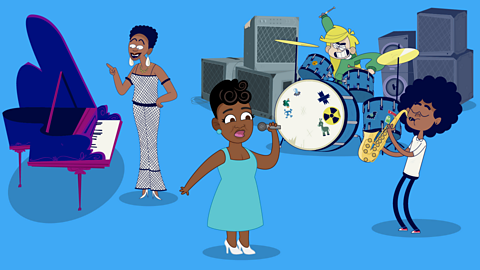What is music for the stage?
There are lots of different types of music for stage. It can include:
- opera
- musicals
- ballets
composerA person who writes music. have made music for stage, all over the world and for hundreds of years.
It can be traced back as far as Ancient Greece, where music and dance were used in stage comedies and tragedies.
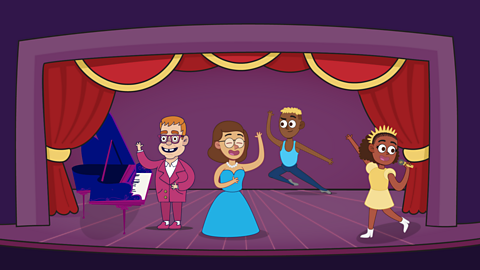
What is opera?
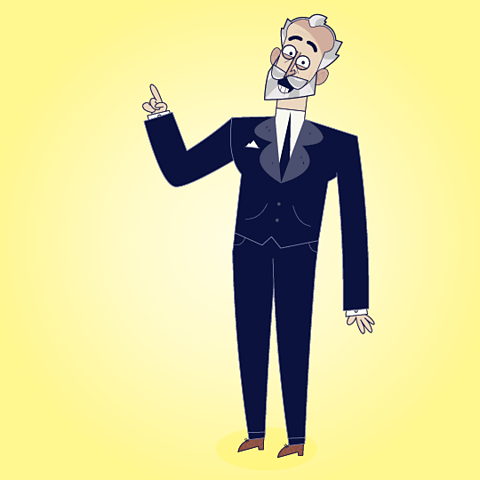
Opera is a play that is set to music where everything is sung.
It was first created around AD1600 during the Baroque periodTerm used to describe the period in Western music from around 1600 to 1750. period.
The songs are normally accompanied by a large group of musicians playing in an orchestraA large group of string, wind, brass and percussion instruments that all play together..
The performers sing and act out the story on the stage. The orchestra are usually in front of the stage but lower down in the orchestra pit.

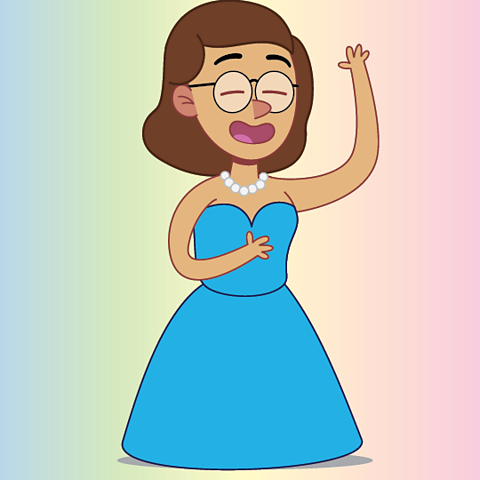
In opera, there are usually recitative, arias and choruses.
- During the recitative, the singer would tell the story quite quickly, in the rhythm of speech, over some simple musical accompaniment.
- Arias are songs for a soloA piece of music or song performed by one person. singer and are much more musically interesting.
- The chorus is a group of singers who sing altogether.
There are different types of opera.
- Opera Buffa which is usually comedy opera.
- Opera Seria which is usually serious and historical or heroic.
- Opera Verismo which is about real life.
- Operetta which is a shorter, light-hearted version of opera.
Watch: Habanera and Toreador by Georges Bizet
Take a listen to these two short pieces of music from an opera called Carmen, composed by Georges Bizet.
Carmen is a story about love, betrayal and revenge.
The 91Čȱ¬ Philharmonic Orchestra perform 'Toreador Song' from 'Carmen Suite No. 2', conducted by Alpesh Chauhan. From 91Čȱ¬ Ten Pieces.
The 91Čȱ¬ Philharmonic Orchestra perform 'Habanera' from 'Carmen Suite No. 2', conducted by Alpesh Chauhan. From 91Čȱ¬ Ten Pieces.
You can find out more about Georges Bizet with 91Čȱ¬ Ten Pieces.
What is ballet?
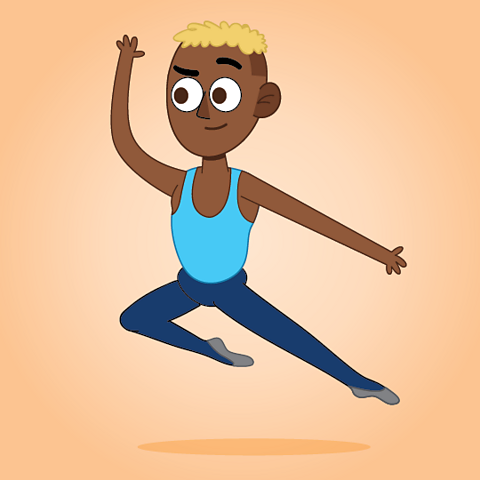
A ballet is a dance that is performed to music.
The music accompanies the movements of the dance.
Ballet developed from dances performed in the late 1500s.
Many early ballets combined dancing with opera. However, by the 1700s choreographersA person who composes the steps and movements of a dance. were working with composers, to create ballets which told a story through just dance and music.
Ballets also use costumes and scenery for the stage.

Watch: The Nutcracker by Pyotr Ilyich Tchaikovsky
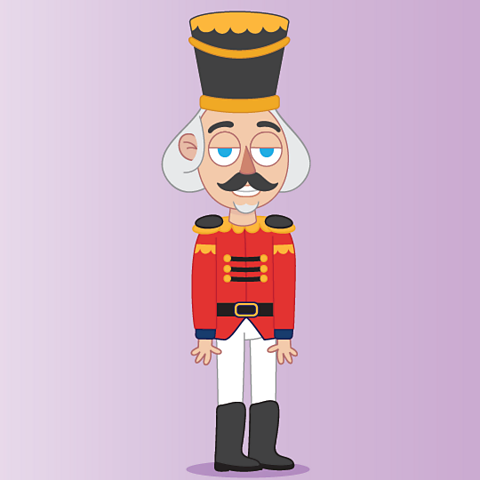
One of the most famous ballets is called The Nutcracker, composed by Pyotr Ilyich Tchaikovsky.
It’s a fairytale story about a young girl called Clara, who is given a wooden nutcracker as a present. When the nutcracker comes to life as a handsome prince, the two have to escape the mouse king to reach the land of sweets.
Watch the full performance of Tchaikovsky's 'Waltz of the Flowers' from 'The Nutcracker' by the 91Čȱ¬ Symphony Orchestra, conducted by Rafael Payare. From 91Čȱ¬ Ten Pieces.
Discover more about the Nutcracker and Tchiakovsky with 91Čȱ¬ Ten Pieces.
What are musicals?
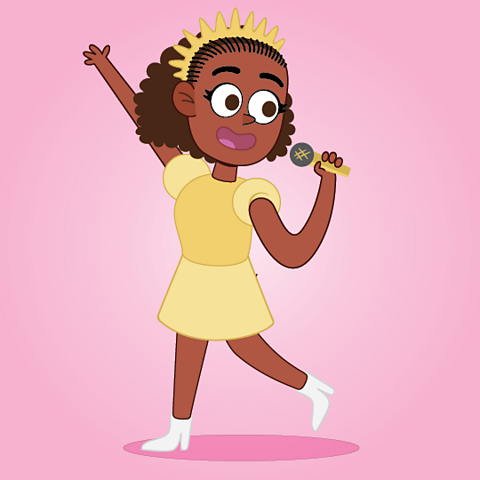
A musical is quite like an opera in that it has music, song and dance. The difference, is that musicals usually have speaking parts too.
During the 19th CenturyThe period of time between AD1801 and AD1900, some European composers were experimenting with a style of music called comic opera.
This led to early versions of musical theatre, for example HMS Pinafore and The Mikado by English composers Gilbert and Sullivan.
These shows were made for family audiences and showed how music, song and spoken parts, could work together to tell a theatrical story.


The 20th CenturyA period of time between the years AD1901 and AD2000. brought a golden age for musical theatre, with composers bringing together all aspects of modern musical theatre: music, dance, song and spoken dialogue.
This included composers such as George Gershwin, Irving Berlin and Rodgers and Hammerstein.
The late 20th Century saw the rise of rock and jukebox musicals, which use more modern types of music like pop, rock and hip-hop.
Modern composers of musicals include Andrew Lloyd Webber, Stephen Schwartz and Elton John.
Watch: Mambo by Leonard Bernstein
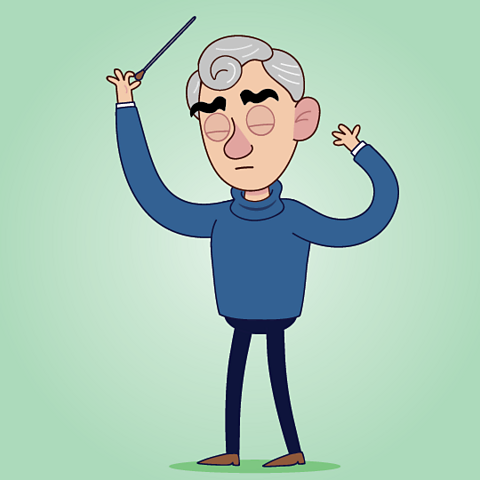
Watch this thrilling performance of Mambo taken from West Side Story, a musical composed by Leonard Bernstein.

The 91Čȱ¬ Philharmonic Orchestra perform Bernstein's 'Mambo' from 'Symphonic Dances' from 'West Side Story', conducted by Alpesh Chauhan. From 91Čȱ¬ Ten Pieces.
Activities
Quiz
Bitesize Primary games. gameBitesize Primary games
Play fun and educational primary games in science, maths, English, history, geography, art, computing and modern languages.

More on Musical Journeys
Find out more by working through a topic
- count5 of 7
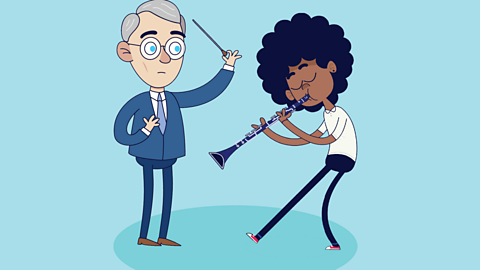
- count6 of 7
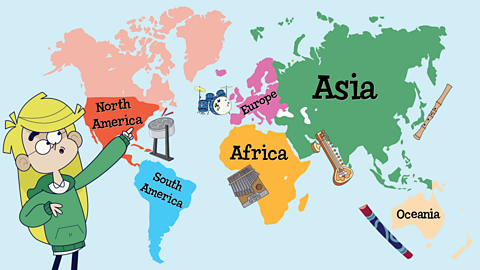
- count7 of 7
